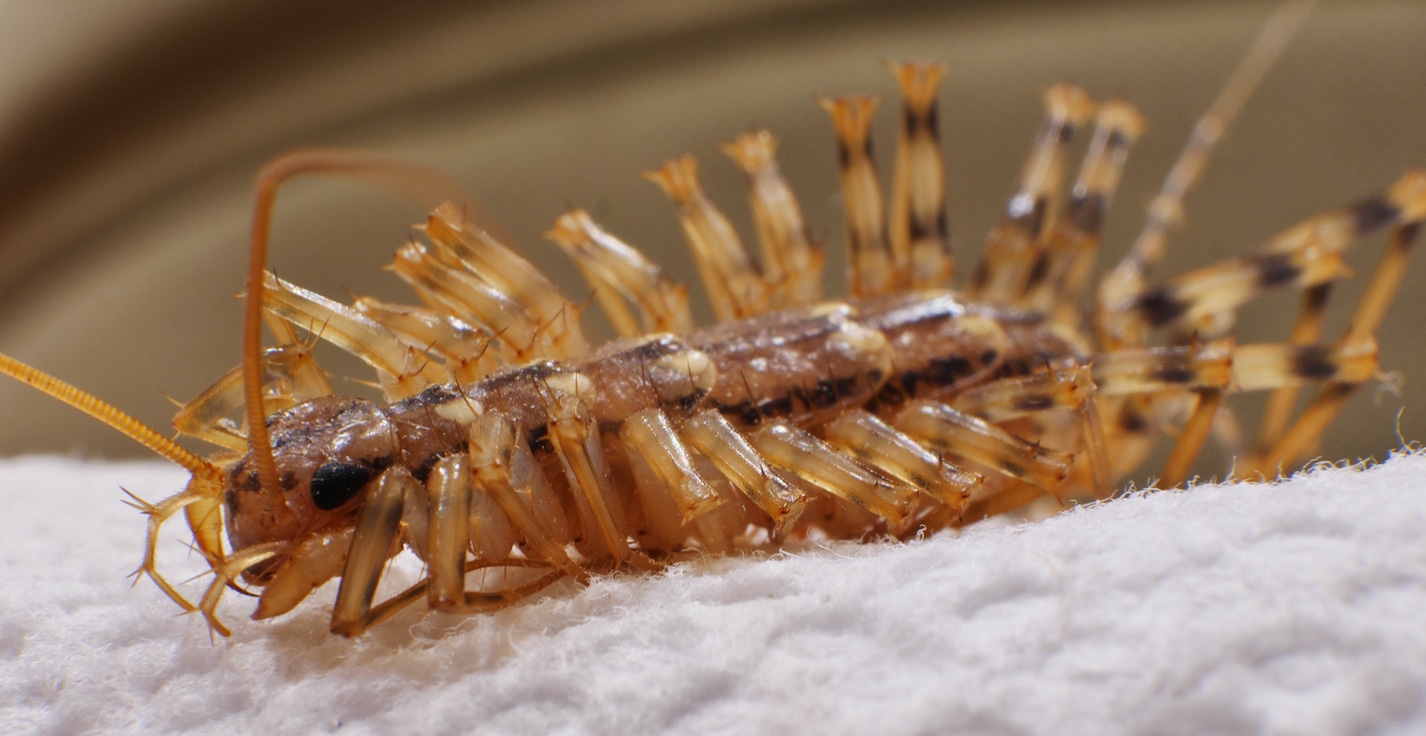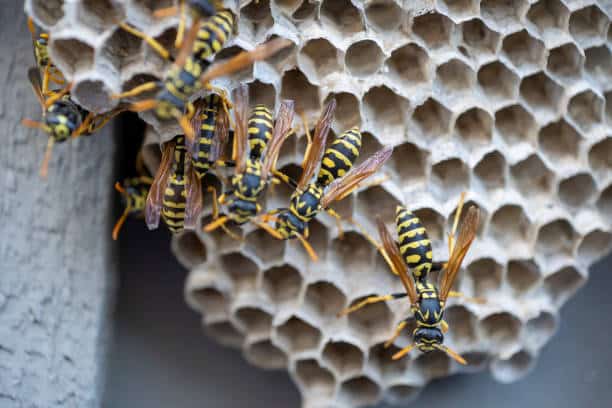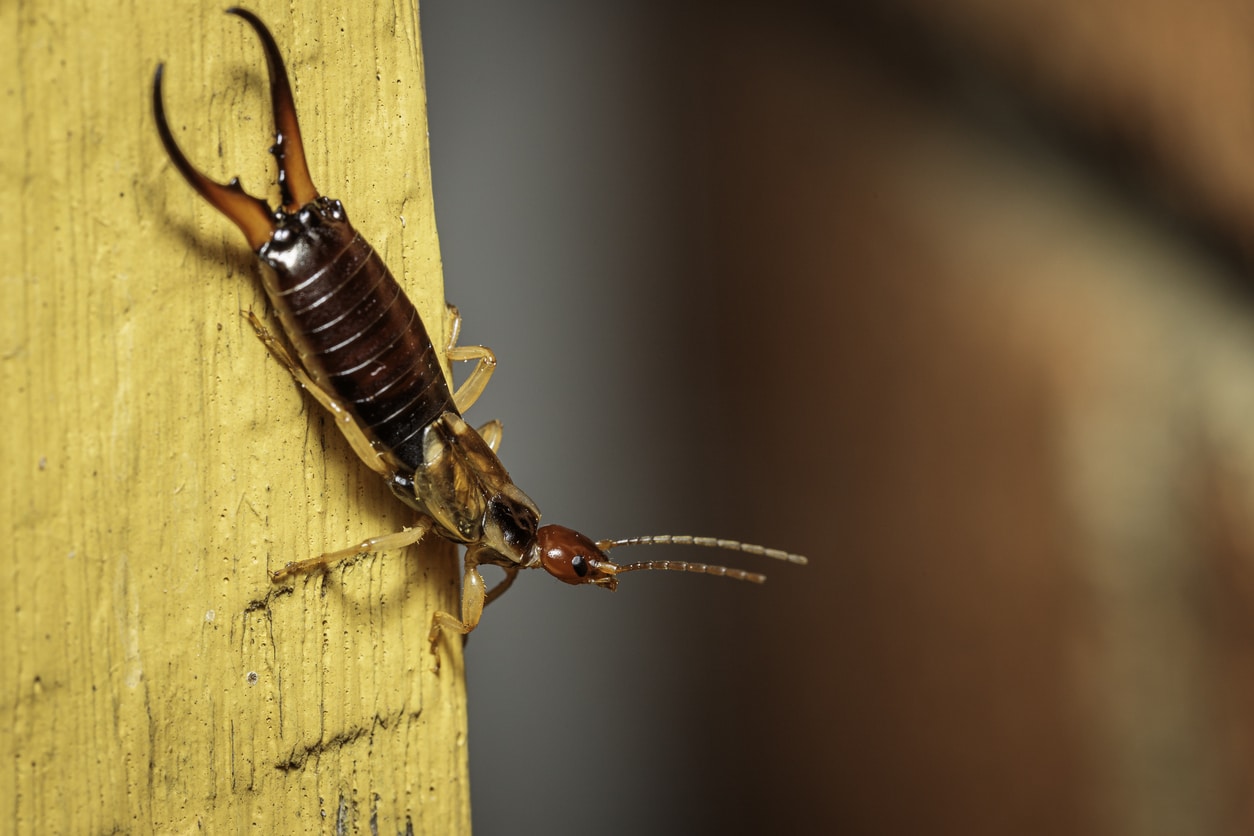The holidays bring cozy gatherings, festive decorations, and plenty of warmth indoors. But it’s not…

Protecting Your Garden: Natural Pest Control for Green Thumbs
For homeowners and gardening enthusiasts, there’s almost nothing more rewarding than a verdant, flourishing garden. But, as even the most careful and studious gardener knows, countless pests can transform that joy into frustration. This leads many to look for eco-friendly yet effective solutions for natural pest control.
In his post, we’re going to look at some of the best ways you can protect your garden without using harsh chemicals that can damage healthy soil or nearby plants. From the wonders of cinnamon and neem oil to the strategic planting of pest-repellent flora, we’re going to explore the most powerful weapons in nature’s arsenal against common garden invaders. If the DIY plan needs backup, we’ll also tell you where you can turn for natural pest control in Michigan.
Five Quick Tips for Natural Pest Control
If you’re in a hurry, we’ve got a list of five ways you can use natural pest control methods. These are eco-friendly and typically much safer than spraying chemicals. We’ll also go into some of them in more detail later on.
- Cinnamon Sprinkle: A household spice known for its aromatic allure, cinnamon can also be a potent deterrent against ants and other crawling pests. Sprinkling cinnamon around your plants or on ant trails can disrupt their scent trails and keep them away from your garden beds.
- Neem Oil Applications: Extracted from the seeds of the neem tree, neem oil acts as a natural insecticide that’s safe for your plants but deadly for pests. Its bitter taste and strong smell repel a variety of garden invaders, from aphids to mites, without harming beneficial insects like bees and butterflies.
- Companion Planting: Integrating certain plants into your garden can naturally repel pests. Marigolds, for example, emit a scent that deters nematodes and other insects, while lavender can keep moths and fleas at bay. This strategy not only enhances your garden’s biodiversity but also its resilience against pests.
- Diatomaceous Earth: This powdery substance, made from fossilized algae, can be sprinkled around plants to create a barrier against pests. Its sharp edges cut through the exoskeletons of insects like slugs and beetles, effectively dehydrating and killing them.
- Soap and Water Spray: A simple solution of soap and water can work wonders against soft-bodied pests like aphids. The soap breaks down its protective layer, causing dehydration. Be sure to use a mild, natural soap to avoid harming your plants.
Why Cinnamon is So Powerful
Cinnamon, a common spice found in kitchens worldwide, holds remarkable abilities beyond its culinary uses. Its potent scent and natural properties make it an excellent tool for garden pest control, in more ways than one.
First, it acts as a strong aromatic repellant. While it may be appealing to humans, many bugs including ants cannot stand it and typically avoid areas where cinnamon is present. It helps to disrupt their scent trails and confuses them as well.
Beyond its insect-repelling capabilities, cinnamon can help prevent and treat fungal infections in plants. Sprinkling cinnamon on the soil around your plants can protect them from common fungal diseases, promoting healthier growth and a more robust garden overall. This can be critical to help seedlings make it through their early stages of life.
Finally, one of the greatest benefits of using cinnamon for pest control is its safety. It poses no harm to pets, children, or the beneficial insects that pollinate plants and contribute to a balanced ecosystem in your garden.
Neem Oil: Natural Pesticide
Neem oil is sourced from the seeds of the neem tree and is unique in the natural pest control space for its versatility and effectiveness. Neem oil is effective against a wide range of garden pests, including aphids, mites, whiteflies, and caterpillars. The active component, azadirachtin, disrupts the ability of pests to grow and mature, preventing them from feeding and reproducing, leading to a decline in individuals without harming other species.
Unlike chemical pesticides, neem oil is selective in its action. It primarily affects pests that chew or suck on plant tissues, sparing beneficial insects like bees, ladybugs, and earthworms. Neem oil is also biodegradable and breaks down naturally, reducing the risk of environmental contamination and harm to wildlife.
In addition to its prowess in combating insects, neem oil also possesses antifungal properties, making it useful in preventing and treating common plant diseases like rust and powdery mildew.
Other Natural Repellents that You Can Plant
Known as companion planting, this method leverages the natural properties of specific plants, planted alongside the rest, to repel unwanted pests, creating a healthier environment for your garden to flourish. This is one of the methods that we prefer at Creature Control, as it benefits your space with both pest control and increased biodiversity.
- Marigolds: Planting marigolds around the perimeter of your garden or interspersed with your vegetables can provide a natural barrier against these common garden pests.
- Lavender: Lavender’s soothing aroma is beloved by many but repels moths, fleas, flies, and mosquitoes. Its beautiful purple spikes add color and fragrance to your garden while keeping it free from these pests.
- Basil: Planting basil alongside your vegetable and herb gardens can enhance the growth of your plants while keeping flying pests at bay.
- Chrysanthemums: Chrysanthemums contain a natural insecticide called pyrethrin, which is effective against a wide array of insects, including beetles, spider mites, and ticks. Integrating these flowers into your garden can provide broad-spectrum pest protection.
- Mint: Planting mint in pots around your garden can prevent it from overtaking other plants while harnessing its pest-repellent properties. Mint can be invasive, however, so use sparingly.
When DIY Methods Won’t Cut It
While natural remedies and preventive measures can be effective, there are times when professional intervention is necessary. If you notice persistent pest activity or damage despite your efforts, it’s time to call Creature Control. Our team offers expert residential pest control services, ensuring your garden and home remain safe from invasive pests.
Embracing Natural Pest Control in Michigan with Creature Control
Adopting natural pest control methods enriches your garden while keeping it free of harmful chemicals. If you’re ready to take a more natural approach to your pest control plan, reach out to Creature Control online or call 1-800-441-1519 today to speak to a member of our expert local team about getting started.


